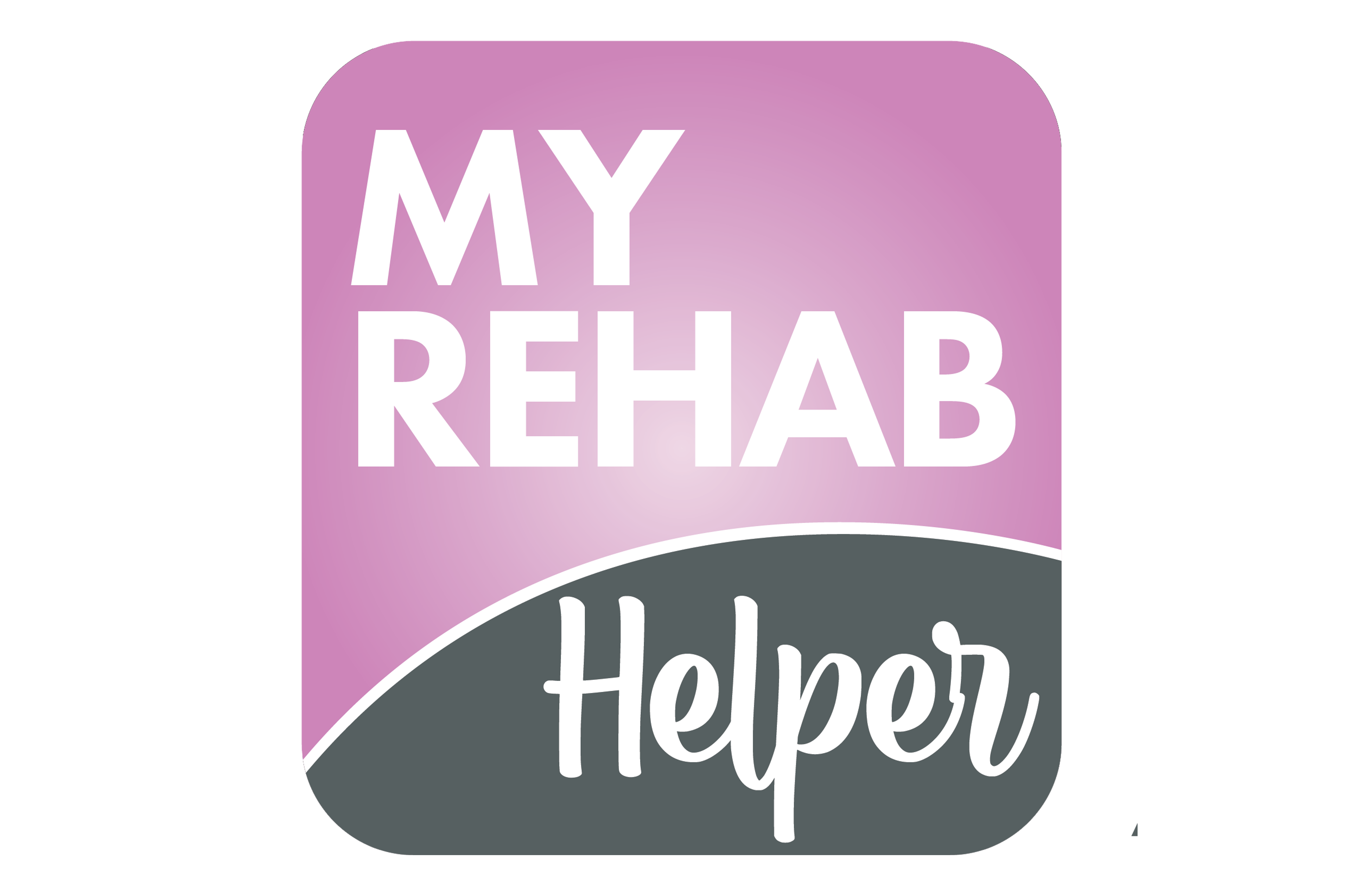Schizoid Personality Disorder (SPD) and Its Interplay with Addiction:
May is Mental Health Awareness Month!
Exploring SPD and Substance Use Disorders
Schizoid Personality Disorder (SPD), the second disorder within Cluster A, is characterized by a pervasive pattern of detachment from social relationships and a restricted range of emotional expression. Individuals with SPD often exhibit a preference for solitary activities, emotional coldness, and indifference to praise or criticism. This page aims to elucidate the complex relationship between SPD and addiction, offering insights into the underlying connections and implications for treatment and support.
Understanding Schizoid Personality Disorder
Individuals with SPD typically show little interest in forming close relationships, even with family members, and may seem aloof or distant. Unlike avoidance motivated by fear of rejection (as seen in Avoidant Personality Disorder), those with SPD genuinely prefer solitude.
The Nexus Between SPD and Addiction
The interplay between SPD and substance use disorders can be less direct than with other personality disorders, given the inward-facing nature of SPD symptoms:
Solitary Substance Use:
Unlike individuals who use substances in social contexts, those with SPD may be more inclined to use substances alone as a way to enhance their solitary activities or to momentarily alter their state of mind.
Emotional Regulation:
Although individuals with SPD may seem emotionally detached, substance use might serve as a way to manage underlying feelings of loneliness or existential angst.
Coping Mechanism:
For some, the use of substances may be a coping mechanism for the social isolation that comes with SPD, providing a temporary sense of connection or escape from the indifference of their daily experience.


Addressing Dual Diagnosis: SPD and Addiction
The dual diagnosis of SPD and addiction presents unique challenges, particularly in engaging individuals in treatment, given their inherent preference for solitude and introspection:
Tailored Therapeutic Approaches:
Therapy should respect the individual’s need for privacy and space, possibly incorporating more individualized and less confrontational approaches, such as Cognitive-Behavioral Therapy (CBT) focusing on thought patterns related to substance use.
Building Trust:
Establishing a therapeutic relationship can take time and requires patience and understanding from mental health professionals to overcome the natural reticence of individuals with SPD.
Supportive Therapy:
Supportive therapies that emphasize practical assistance and acknowledge the individual’s need for independence can be beneficial.
Lifestyle Interventions:
Encouraging engagement in healthy solitary activities that provide fulfillment and reduce the perceived need for substance use as a form of self-medication.
Therapeutic Approaches for Managing Schizoid Personality Disorder (SPD) and Addiction
Navigating the dual diagnosis of Schizoid Personality Disorder (SPD) and addiction requires a nuanced understanding of both conditions and a tailored therapeutic approach. Given the unique characteristics of SPD, including a preference for solitude and restricted emotional expression, conventional treatment strategies for addiction may need adaptation to effectively address the needs of individuals with SPD. Here, we explore several therapeutic approaches designed to manage the interplay between SPD and addiction.

Cognitive-Behavioral Therapy (CBT)
Adapted CBT:
For individuals with SPD, CBT can be adapted to focus on identifying and challenging the thought patterns that contribute to substance use and the beliefs that underpin their social detachment. Goals can include developing coping strategies for managing solitude without resorting to substance use and gradually increasing engagement in social activities.
Psychoeducation
Understanding SPD and Addiction:
Psychoeducation plays a crucial role in helping individuals understand the nature of SPD and how addiction can impact their condition. Knowledge about how SPD affects their perceptions and interactions can empower individuals to take active steps in their treatment and recovery process.

Individual Therapy
Tailoring to Individual Needs:
Given the preference for solitude and the potential discomfort with emotional expression associated with SPD, individual therapy can provide a safe and controlled environment for exploration and discussion. Therapy can focus on enhancing self-awareness, exploring the desire for solitude, and addressing any underlying issues contributing to substance use.
Motivational Interviewing (MI)
- Enhancing Motivation: MI can be particularly effective for individuals who may be ambivalent about change or engaging in treatment. By focusing on the individual’s own motivations and values, therapists can help cultivate a desire for change that respects the person’s need for autonomy and self-direction.
Group Therapy
Carefully Considered Group Settings:
While group therapy might initially seem counterintuitive for individuals with SPD, carefully selected and structured group settings can provide a platform for social interaction without overwhelming pressure. Support groups specifically for addiction can also offer insights into managing substance use, with the understanding that participation levels and engagement will vary.
Harm Reduction Strategies
Promoting Emotional Regulation:
Practices such as mindfulness meditation can help individuals with SPD become more attuned to their internal experiences and develop healthier ways of managing stress and emotional discomfort without relying on substances.
A Compassionate, Individualized Approach
Effective management of SPD and addiction requires a compassionate, individualized approach that takes into account the unique preferences and challenges of individuals with SPD. By combining evidence-based therapeutic approaches with a deep understanding of SPD, mental health professionals can support individuals in navigating the complexities of this dual diagnosis, leading to improved outcomes and enhanced quality of life.
Exploring Schizoid Personality Disorder (SPD) and Addiction from a Psychoanalytic Perspective
The psychoanalytic perspective provides a unique framework for understanding Schizoid Personality Disorder (SPD) and its interplay with addiction. Rooted in the theories developed by Freud and expanded by subsequent psychoanalysts, this approach delves into the unconscious processes, early life experiences, and defense mechanisms that contribute to the development and manifestation of SPD, as well as how these factors might predispose an individual to substance abuse.
The Unconscious Roots of SPD
Early Attachment and Object Relations:
Psychoanalytic theory posits that SPD may stem from disruptions in early attachment relationships or from a cold and unempathetic environment. Individuals with SPD, from this viewpoint, have learned to withdraw into themselves as a defense against the pain of early relational trauma, leading to a preference for detachment and solitude.
Defense Mechanisms:
People with SPD often employ defense mechanisms such as withdrawal and emotional detachment to manage their anxiety about close relationships. These mechanisms, while protective against perceived threats of intimacy, also contribute to the isolation and loneliness that characterize SPD.
Addiction in the Psychoanalytic Lens
Substance Use as a Symptom:
Within the psychoanalytic framework, addiction can be seen as a symptom of deeper, unresolved psychic conflicts. For individuals with SPD, substance use might represent an attempt to fill the void of emotional emptiness or to momentarily connect with a sense of self that feels authentic and alive.
Regulation of Internal States:
The psychoanalytic perspective also views addiction as a means of regulating painful internal states. For someone with SPD, substances might serve to alleviate the discomfort associated with social interactions or to provide a temporary escape from the loneliness and alienation of their internal world.
The Superego and Moral Development
Underdeveloped Superego:
Freud introduced the concept of the superego, the psychic structure associated with moral conscience and self-criticism. In psychopathy, the superego is often theorized to be underdeveloped or dysfunctional, leading to a lack of guilt, remorse, and moral understanding. This deficiency can result in behaviors that violate social and ethical norms without the accompanying emotional distress that would deter most individuals.
Psychoanalytic Approaches to Treatment
Exploring the Unconscious:
Treatment from a psychoanalytic perspective involves exploring the unconscious motivations behind both the schizoid defenses and the substance use. This exploration can help individuals understand the root causes of their behaviors, offering a pathway to address these underlying issues.
Transference and Countertransference:
The dynamics of transference (where patients project feelings about significant others onto the therapist) and countertransference (the therapist’s emotional reaction to the patient) are particularly important. These dynamics can offer valuable insights into the patient’s relational world and the ways in which they navigate intimacy and detachment.
Working Through Relational Trauma:
Psychoanalytic therapy aims to provide a corrective emotional experience, where the therapeutic relationship itself becomes a space for healing. For individuals with SPD, this involves gradually working through the fear of intimacy and learning to engage with others in more meaningful ways.
Addressing Addiction:
Addressing addiction within the psychoanalytic framework involves understanding substance use as a maladaptive attempt to manage underlying psychic pain. Therapy focuses on identifying and working through the emotional conflicts that drive the addiction, alongside the schizoid dynamics.
Challenges and Considerations in Managing Schizoid Personality Disorder (SPD) and Addiction
Addressing Schizoid Personality Disorder (SPD) and its interplay with addiction encompasses a unique set of challenges and considerations. Both conditions require nuanced understanding and careful management strategies to ensure effective treatment and support. Here, we explore the key challenges and considerations that mental health professionals and individuals facing SPD and addiction may encounter.
Treatment Engagement and Compliance
Resistance to Seeking Help:
Given their self-sufficient nature and discomfort with close relationships, individuals with SPD may be less likely to seek help for their condition or for substance abuse, often until the disorders have progressed significantly.
Adherence to Treatment:
The solitary nature of SPD can also impact treatment adherence. Individuals may find it challenging to maintain regular appointments or follow through with treatment recommendations, particularly those that involve social interaction or self-disclosure.
Contact Us!
For Ethical Screening & Referral Sources Contact:

Learn more about our partnership with MyRehab Helper
Click Here
